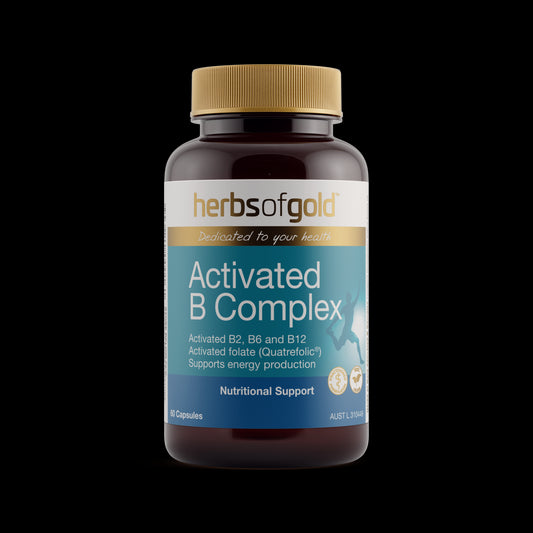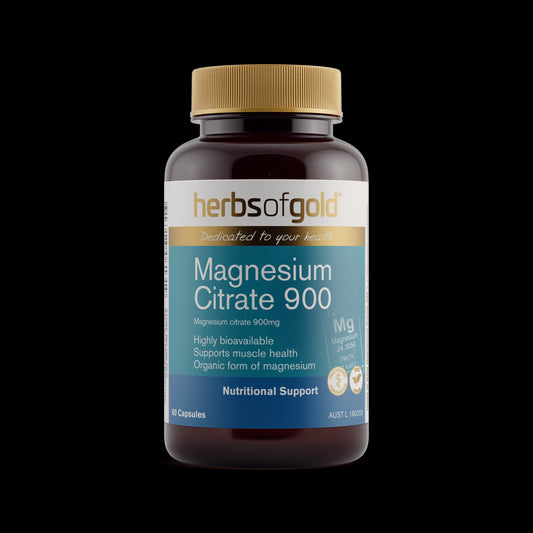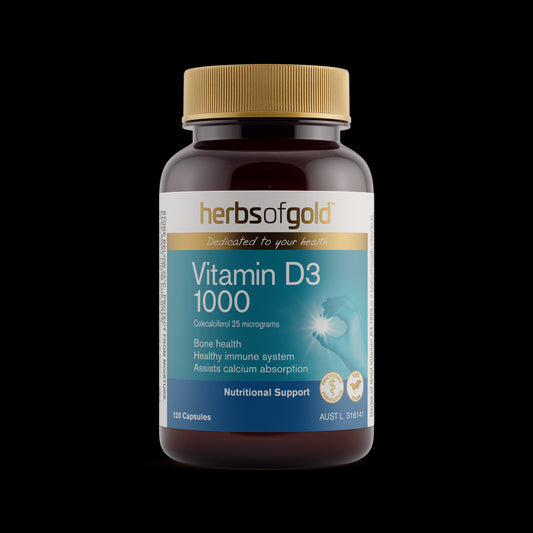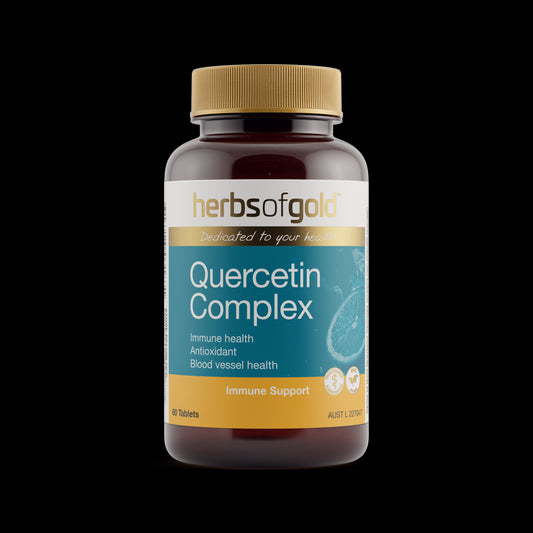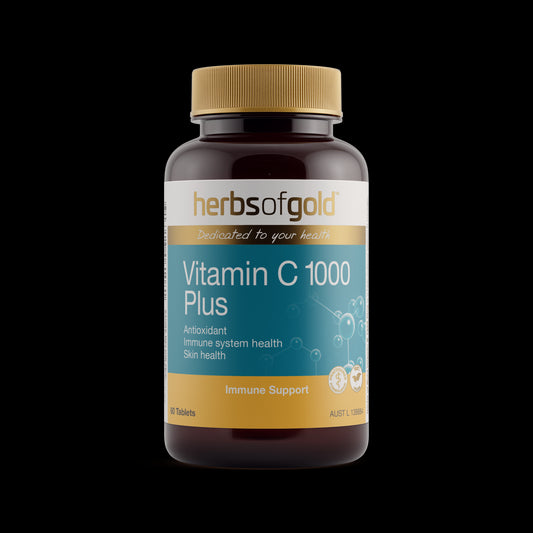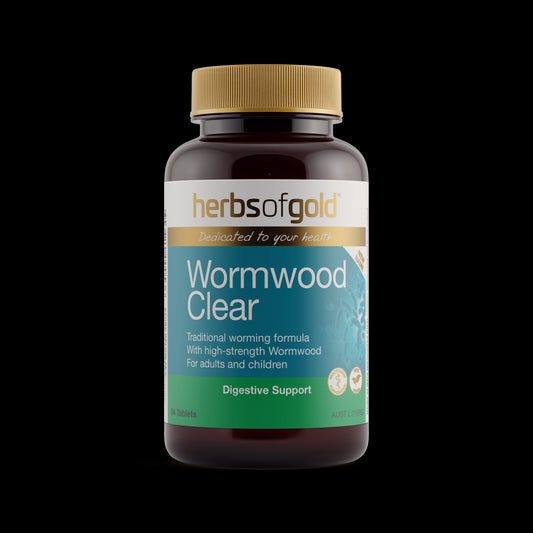Vitamin B1
Thiamine (B1) assists in the conversion of food into energy by aiding the production of hydrochloric acid, essential to break down dietary proteins, and helping to convert dietary carbohydrates into energy. Vitamin B1 is important for the function and health of the nervous system as it is involved in the production of neurotransmitters which support emotional wellbeing. See Vitamin B1 100mg.
Vitamin B2
Riboflavin (B2) helps to reduce the occurrence of mild migraines and reduce the length of mild migraines. Vitamin B2 also helps to maintain healthy eyes, normal tissue repair, skin and hair health, cardiovascular system health and assists metabolism of protein, carbohydrates and fats.
Vitamin B3
Nicotinamide (B3) is converted into the active coenzymes, which are required for the function of more than 200 enzymes throughout the body. Supplementation is available in both nicotinamide and niacin forms. Nicotinamide is an important component of nicotinamide adenine dinucleotide (NAD), a coenzyme that is essential for energy production. NAD is involved in the breakdown of carbohydrate, proteins and fats to produce energy via cellular respiration. Niacin supports skin health and is available in an extended-release form that controls the release of niacin over an 8-hour period, which helps to reduce flushing, a common side effect when taking niacin in an immediate-release form. See Vitamin B3 500mg and Niacin 100mg Extended Release.
Vitamin B5
Pantothenic acid (B5) is found in high concentrations in the adrenal cortex and plays an important role in adrenal gland function. Vitamin B5 is needed for the production of the adrenal hormone cortisol, which is involved in the body’s stress response and helps maintain healthy nervous system function. Vitamin B5 is involved in over 100 enzyme reactions including synthesis of neurotransmitters, digestion of glucose, metabolism of carbohydrates, proteins and fats and their subsequent conversion into energy. See Vitamin B5 500mg.
Vitamin B6
Pyridoxine (B6) is required for the production of neurotransmitters, such as GABA, dopamine and serotonin. Vitamin B6 helps to support emotional wellbeing and reduce symptoms of PMS. It also maintains a healthy cardiovascular system and assists red blood cell production and health.
Vitamin B12
Cobalamin (B12) plays an important role in supporting cardiovascular and nervous system health, and cognitive health including memory and mental recall. Vitamin B12 supports blood health and is required for red blood cell production. Sublingual supplementation provides rapid absorption and is ideal when digestive disturbances may prevent dietary vitamin B12 absorption. Non-activated vitamin B12 (cyanocobalamin) requires some form of enzymatic conversion, whereas activated vitamin B12 (co-methylcobalamin or mecobalamin) is biologically active and ready for use in the body. See Activated Sublingual B12.
Folate
Folate is the generic term used to describe the large family of chemically similar compounds including folic acid and methylfolate. Folic acid is a synthetic form of the vitamin and must be reduced to methylfolate which is the activated form of folate. Folate is an important nutrient essential to support healthy foetal development. Folate supports brain function, cognitive function and memory and red blood cell production. Folate is available in folic acid form and also the highly bioavailable methylfolate (activated folate), Activated Folate 500.
Biotin
Biotin maintains healthy nails and supports nail strength and thickness. Biotin is involved in keratin production and supports hair and skin health. See Biotin 3mg.
‘B’ vital with B vitamins

The B vitamin family includes vitamins B1, B2, B3, B5, B6, B12, folate and biotin. Each individual B vitamin has its own distinct health benefits and the one thing they all have in common is energy production. There are many options to ‘B’ vital with B vitamins, whether it’s through a single B vitamin or when all the B vitamins are combined together in a complex.


